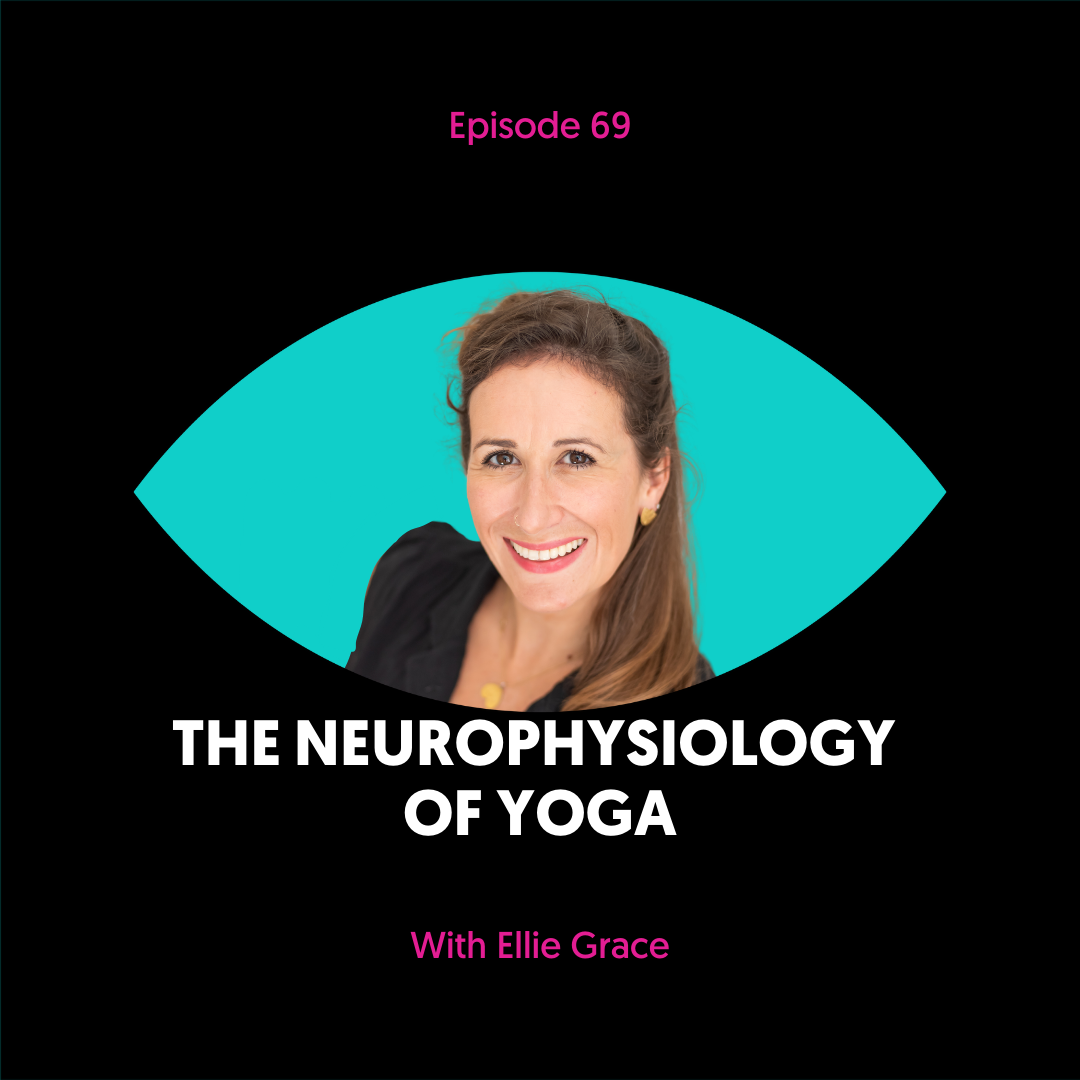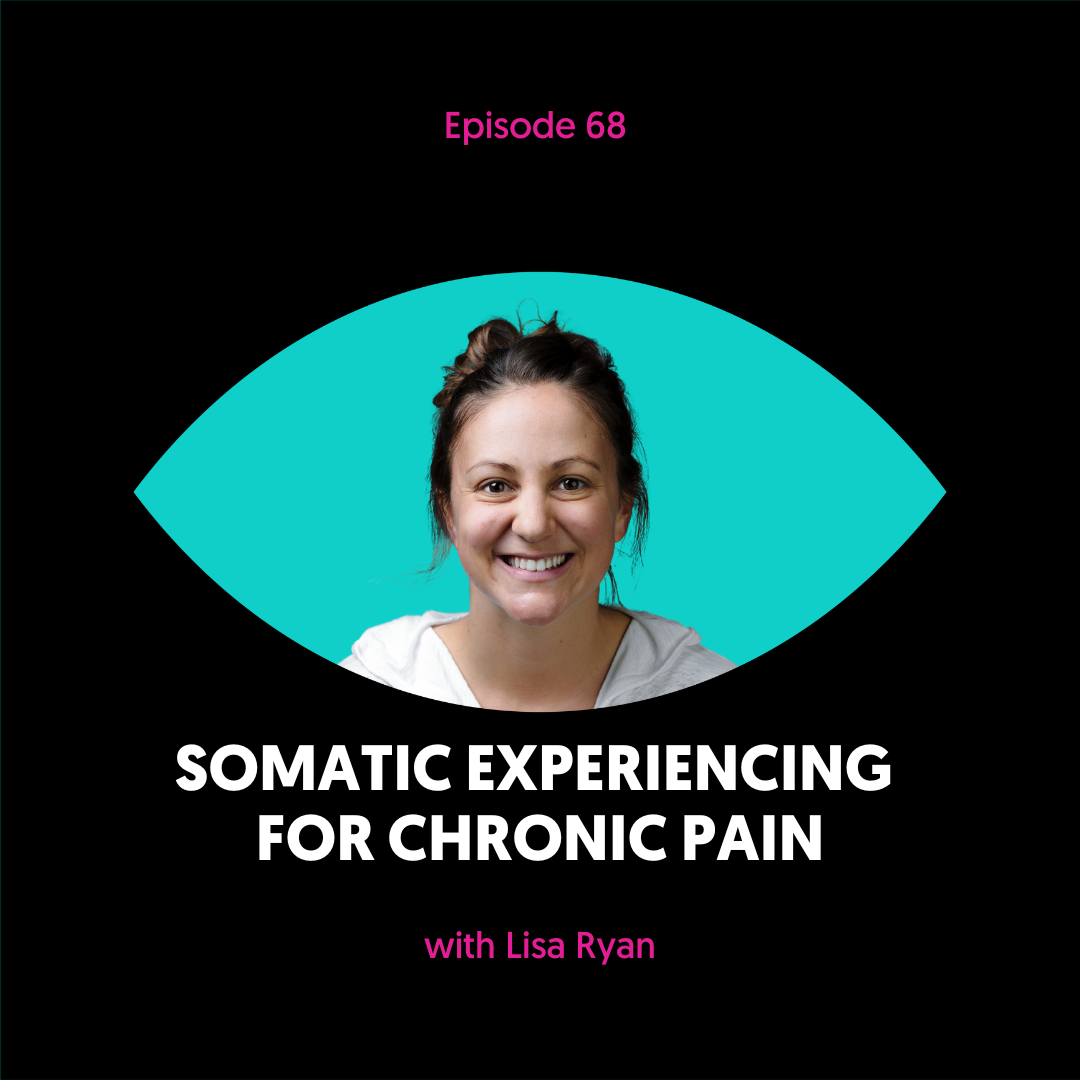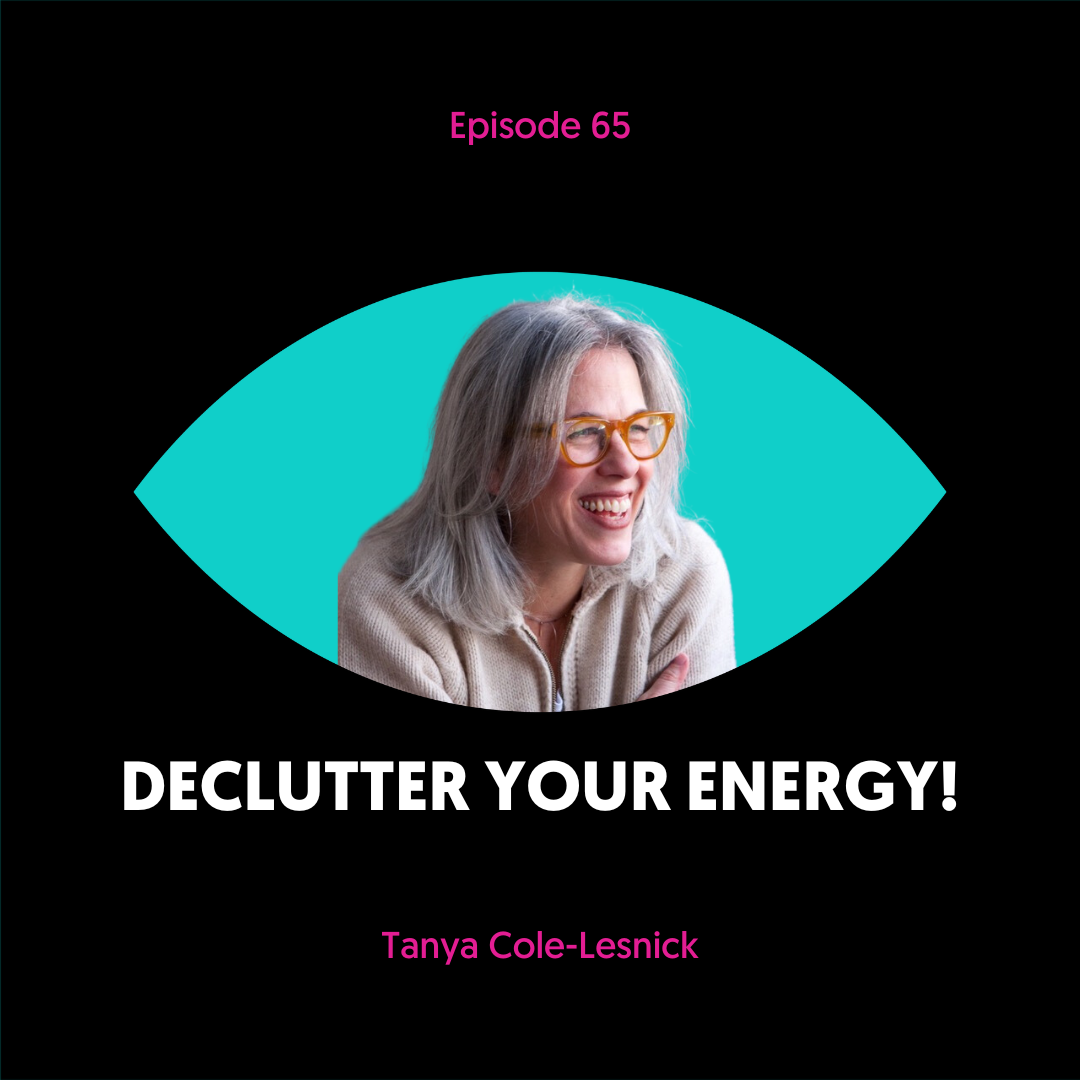

SO, WHAT IS THIS PODCAST ALL ABOUT?
This fascinating conversation re-frames addiction from ‘an inherited brain disease’ to an effective adaptation to distract and soothe us from the emotional pain experienced in childhood.
Dr Gabor Mate, a family physician based in Canada and best selling author of several books about trauma, stress, childhood development and addiction – explains that these childhood adaptations, which are (sadly) necessary to survive the environments in which we happen to be born – become the source of illness in adulthood via the neural and immunological pathways that are embedded so early on in our lives.
And it is only through this understanding and acceptance of the gathering swathes of scientific evidence that now supports this body mind soul connection, that we can truly address addiction – and indeed all of our behaviours – which all ultimately affect our health.
WHAT I FOUND INTERESTING…
Dr Gabor Mate defines addiction as any behaviour which gives pleasure or relief in the short term, but has negative consequences in the longer term and is difficult to give up.
And lets be honest, when framed like this – it is easy to see why we are all addicts!
Whether it be social media, work, shopping, legal (alcohol or nicotine) or illegal drugs the aim is the same – to ease our pain.
Which begs the question why we have such punitive measures for some addicts – giving rise to shame and further isolation – which generates more need for pleasure and relief. A vicious cycle.
SO, WHAT HAVE WE LEARNED?

- Addiction is not a choice. It is a strategy we use to distract or soothe emotional pain – which we may or may not be aware of.
- Emotional pain can be the result of overt abuse or neglect in childhood. This can be subtle – a lack of attunement/responsiveness from a primary care giver.
- Children take everything personally – so the message they get when this happens is that they – or their emotions don’t matter. This is a stressful and painful reality.
- To cope with these conditions, children adapt to ensure they get the love they need to survive. This can take many forms. e.g. being quiet, ‘perfect’, troublesome.
- These strategies become our ‘personalities’ in later life which can perpetuate the pain.
We are not to blame for this.
But we are responsible.
But to be ‘response-able’ – we need to be aware of the pain – which is often un/subconscious.
Awareness opens up the possibility of dealing with the pain in a different way.
It is also important to address the factors in our society which impact on how we bring up our children. We are social animals that need to feel connected to each other and our families, particularly in early life which needs to be a priority for public health policy.

Addiction needs to be understood within the context of our lives.
And we all need to respond to those suffering with true compassion and empathy – as we are indeed all addicts.
To listen to this episode of Dr Ragan Chatterjee’s podcast click HERE
Leave a Reply

READ >
Dr Deepak Ravindran is one of the UK’s leading pain specialists. He is one of the few medical consultants who possesses triple certification in lifestyle medicine, musculoskeletal medicine and pain medicine using all of this knowledge to give his patients a truly integrative and holistic approach. He is author of the book The Pain-Free Mindset […]

READ >
Ellie Grace is a trauma informed yoga educator with an MA in Yoga Studies – who lectures medical undergraduates in the neurophysiology of yoga to nurture their personal development and prevent burnout – which has never been more important. Doctors are experiencing workplace burnout at the highest ever levels recorded, with findings from the regulator’s […]

READ >
Lisa Ryan is a physiotherapist turned trauma informed somatic practitioner who helps people find freedom from their persistent pain. And this is just so important to her – because she was once a patient herself who was told she was not expected to recover – and the best she could hope for was to manage […]

READ >
Tanya Cole-Lesnick is a psychotherapist, licensed clinical social worker, and personal development coach who is focused on helping people clear their energetic clutter to pursue a life that honors their truest selves. Tanya really believes in the power of the group in the work she does – which is what I want to talk to […]
READ >
Sophie Barrett was a herbalist before she started working for Hifas da Terra – an exciting biotech company focused on R&D of nutraceuticals from medicinal mushrooms such as cordeceps, reishi and lions mane exploring their role in the treatment of mental health disorders, gut health, and cancer. But what makes Hifas da Terra stand out […]
READ >
Dr Rani Bora is a holistic psychiatrist, mental wealth coach, and the author of “How To Turn Stress On Its Head”. Her work centres around empowerment – particularly for those who have been labeled with mental health disorder, using deprescribing and coaching to support them to thrive beyond their diagnosis. In this episode we discuss […]